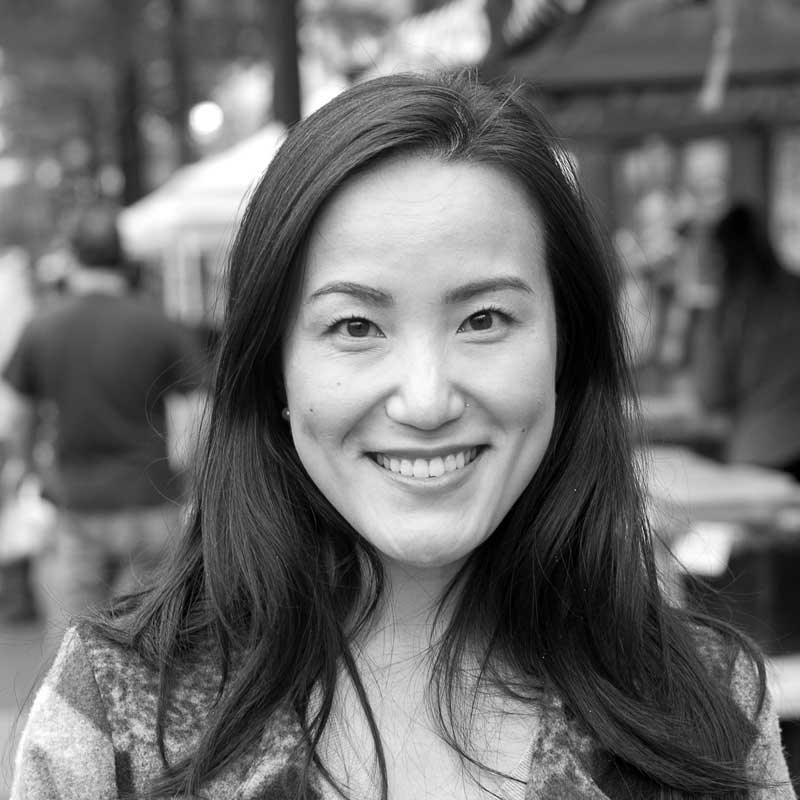2024-2025 Kellogg MBA Essay Tips

Once again this year, the Kellogg School of Management has revised its MBA essay questions. While the new prompts are certainly on-brand for this M7 program, they are more dense and multidimensional than in past years. What this means for applicants is they will need to pay extra close attention to every piece of the question and first ensure they understand what is being asked. Then the hard work of addressing each part of the prompt in a cohesive response begins.
To help, we’ve broken down and analyzed each of the Kellogg MBA essay questions. By the end of this article, you’ll know exactly how to get started.
What Kellogg Is Looking For
Despite the changes, what Kellogg looks for in its students remains constant. Kellogg shares that they value individuals who:
- Approach business problems with a mix of hard and soft skills.
- Seek to adapt to the evolving business world with open curiosity and innovation.
- Believe in strong, empathetic collaboration as a way to strengthen work, perspectives and outcomes.
- Embrace the power of diversity in your teams and networks.
This list of desired perspectives and behaviors show that Kellogg is looking for people who care as much about how they work as the work they do itself. Think about how much you embrace empathy, curiosity, and diversity in your work and how these qualities have influenced you in different projects and settings. Some of them may be aspirational. Perhaps you haven’t fully embraced them yet, but you hope to through an MBA at Kellogg. This is a good starting point from which to approach Kellogg’s essays.
Kellogg MBA Essay Question 1
1. Intentionality is a key aspect of what makes our graduates successful Kellogg leaders. Help us understand your journey by articulating your motivations for pursuing an MBA, the specific goals you aim to achieve, and why you believe now is the right moment. Moreover, share why you feel Kellogg is best suited to serve as a catalyst for your career aspirations and what you will contribute to our community of lifelong learners during your time here. (450 words)
Kellogg’s first essay asks you to answer five different questions:
- What do you want to achieve?
- Why do you need an MBA to achieve it?
- Why now?
- Why Kellogg?
- What will you contribute to Kellogg?
To address all five questions effectively in only 450 words means that there is no room for flowery words or extraneous information that does not directly address one of the questions. As the essay states, intentionality is key. The Admissions Committee wants to know that you have clarity on the why, when, how, and what of an MBA.
Let’s break down each question:
What Do You Want To Achieve?
Here the Admissions Committee is looking to understand your short and long-term career goals. In addition to stating what they are, you should provide enough context from your background and work experience to explain why your long-term career goal is motivating to you. Your short-term goal should be a steppingstone to your long-term goal. Both goals should be realistic and achievable given your background and a Kellogg MBA.
Why Do You Want An MBA?
In answering this question, most people fall under one or more of the categories below:
- People looking to switch their career: Those who are looking to make a hard pivot in their career (i.e. engineers, educators, scientists, health professionals, writers, government workers) will need to discuss why an MBA is necessary for them to transition into business. The answer is more obvious here so there is no need to overexplain.
- People who want to learn the theory behind their practice: Those who have been working in business but never formally studied business (i.e. family business operators, humanities majors in college) will need to discuss how gaining a formal business education will help them fill gaps in their skillsets to achieve their career goals.
- People looking to better develop and differentiate themselves as leaders: Perhaps you have reached a point in your career where, to be promoted and competitive for better career opportunities, you need to develop your leadership skills and expand your network in a particular industry. You will need to discuss what specific leadership traits you want to develop and why. Later, in discussing “Why Kellogg”, you will want to explain specific aspects of Kellogg’s resources and people that will help you develop into the leader you aspire to be.
Why Now?
Here the Admissions Committee wants to understand what makes you ready for an MBA. Your “readiness” should be demonstrated in two ways:
- That you have learned enough to meaningfully contribute to a class of MBA students
- You have identified gaps in your knowledge and skillsets that you can address in business school. Not having either of these could result in the Admissions Committee determining that this is not the right time for you.
Why Kellogg?
Here is where all your diligent research on Kellogg – through attending Admissions events, visiting campus, and talking to alumni and students – comes in handy. If you haven’t done this level of research (and only looked through Kellogg’s website), you may want to reconsider writing this essay until you have.
Kellogg is looking for specific and personalized reasons for why its values, culture, and resources (classes, professors, clubs, conferences, trips, alumni) will help you achieve your goals and develop into the person you want to be. In this essay, feel free to reference insights from your interactions and conversations with alumni, students, and Admissions members.
What Will You Contribute To The Kellogg Community?
Like “Why Kellogg?” it’s important that your answer is as specific and personalized as possible. Imagine yourself at Kellogg and paint a picture of how you will participate and contribute. Think about what expertise and insights you will bring to classroom discussions. What clubs and experiences will you join and likely lead? What initiatives might you start? How you will support your fellow students? How will you affect Kellogg for the better in a way that is truly your own?
Since the question specifies “during your time here,” be sure to focus your discussion on activities during your time at Kellogg rather than what you will contribute as part of the alumni community.
Kellogg MBA Essay Question 2
2. Kellogg leaders are primed to tackle challenges everywhere, from the boardroom to their neighborhoods. Describe a specific professional experience where you had to make a difficult decision. Reflecting on this experience, identify the values that guided your decision-making process and how it impacted your leadership style. (450 words)
The first step to approaching this essay is considering what experience you want to write about. Think carefully about this one. You may be tempted to pick an experience that portrays you in the best light, but we encourage you to not let this be your top consideration. Instead, focus on choosing an experience that you truly learned and grew from – even if that means you didn’t make the best decision. The Admissions Committee is looking for genuine responses, not what you think they want to hear. As such, it is more important that the experience taught you an important leadership lesson than it is that you were the hero.
Some questions to help you decide on what story to choose:
- What is the professional experience that most impacted your leadership style?
- What was a difficult decision that had to be made during that experience?
- What was at stake (i.e. what did you have to lose?)
- How did you weigh your options?
- What did the experience teach you about leadership and what you would like to improve on as a leader?
We encourage them to pick an experience where you have meaningful things to say about each of these questions. Be sure that the decision that had to be made was actually difficult – as in you had to really think about it because there was something meaningful at stake. Not only would choosing an experience where the right decision was obvious not make for an interesting story, but it will feel forced and unauthentic to the reader.
The Outcome Does Not Have To Be Perfect
If you find that the best story to tell is one where you made a decision where the outcome wasn’t ideal, keep in mind that that is okay. As long as you can articulate your thought process, what you learned, what you would do differently, and how the incident impacted you, your essay will be successful even if the outcome wasn’t. The Admissions Committee will appreciate learning more about who you truly are.
Answer Every Part Of The Question
If you are using the STAR (Situation, Task, Action, Result/Learning) framework, you should be spending much of your discussion on the Action and Learning. The ‘Situation’ and ‘Task’ together should give enough context for the reader to understand why the decision was difficult and what was at stake. The ‘Action’ should cover how you weighed your options (including who you may have consulted for advice), the values that guided your decision, and what you decided to do. Finally, the ‘Result/Learning’ should cover what you learned from the outcome, what you would’ve done differently (if anything) and how the experience has impacted your leadership style.
See Also: MBA Application Deadlines and Essays for 2024-2025
Understanding the Kellogg MBA essay prompts and what Kellogg is really looking for will help you put your best foot forward during the admissions process. Best of luck on your journey! If we can be of assistance, reach out to request an initial consultation.





Pingback: How to Approach the New (!) Kellogg Essays | Vantage Point MBA
February 10, 2026 5:03 pm